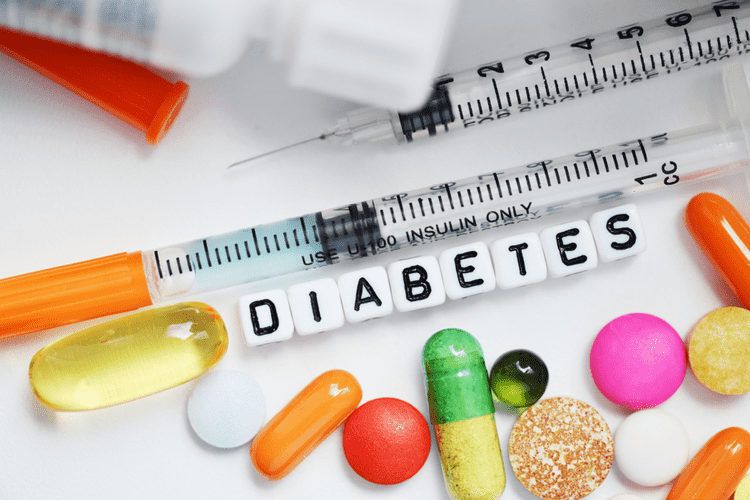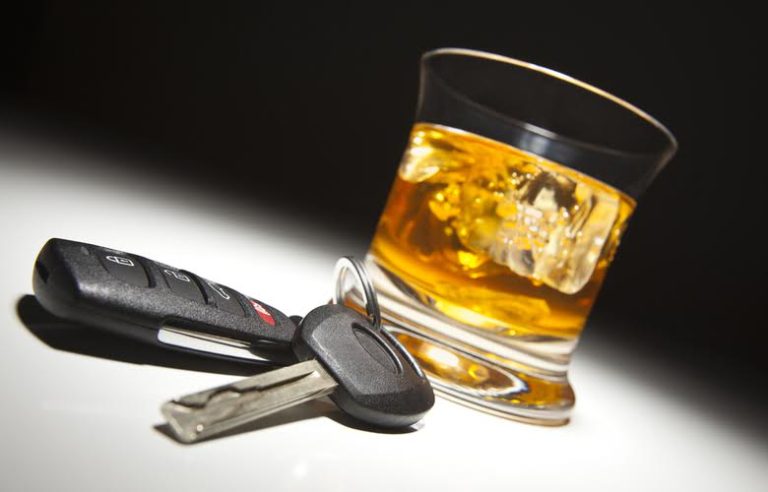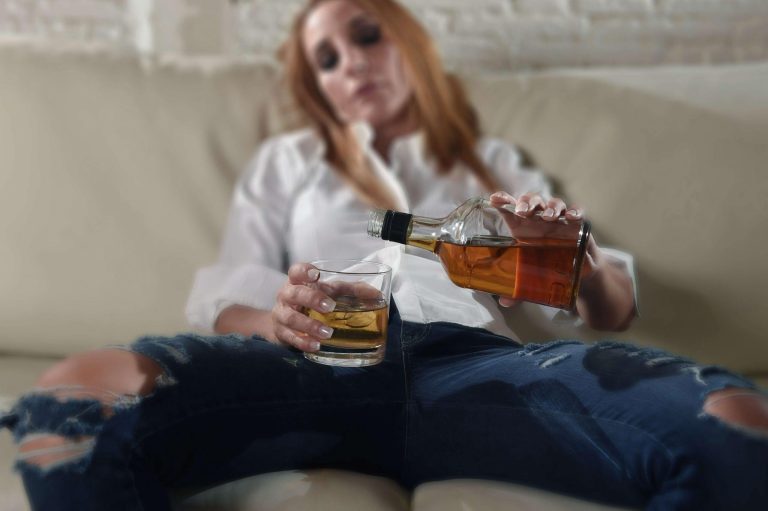If someone resumes drinking at their old pace, they risk blacking out or encountering other serious dangers. As a result, alcohol may hit you harder, causing you to get drunk faster and potentially leading to more intense hangovers. Addiction can damage the transmission of thoughts or emotions that the cells in the brain communicate. The research shows today that relapse has a sign of failure in treatment and that treatment should have been altered. https://ecosoberhouse.com/ I also now relish not having a hangover and love to make wholesome weekend plans with all my newly found free time that isn’t spent puking or crying in bed (I play tennis! And learn French!).
How Can I Avoid Drinking?
After winning that difficult battle for sobriety, it can be devastating that it won’t always last forever. There are some situations when there’s still a chance of you relapsing just after cleaning the house. This article goes into detail about what can be done for relapse while cleaning. Sometimes it is seen as a part of the journey that can help recover from a serious medical injury after having successfully recovered. And because I drink less, the bill’s about the same anyway.
- A relapse signifies the return of symptoms or behaviors that were previously under control, often due to a variety of factors such as stress, triggers, lack of coping strategies, or underlying vulnerabilities.
- A variety of factors can cause someone in recovery to relapse.
- Some retreat entirely to the spiritual realm after battling addiction.
- The very most important thing for you to understand is that, whether or not you can be a successful holiday “toaster,” or a moderate drinker of any type, you can always be sober.
Brain Recovery From Alcohol Timeline after quitting
Drinking again also disrupts the stability that sobriety brings. Regular routines, healthy habits, and improved mental clarity can all be jeopardized. Recovering alcoholics often work hard to build a life without alcohol, and reintroducing it can unravel that progress. Drinking in moderation typically refers to consuming alcohol within recommended guidelines.
Alcohol Brain Recovery Timeline
People who drink heavily or who drink alone may choose to stop drinking for several months, a year, or longer, depending on their needs. Whatever you do, do it because you want to Sobriety be of service to someone or something else. The more compassion you have for others, the more you’ll start to have compassion for yourself. Even when I first got sober, I was constantly trying to beat back thoughts that I was a failure or fundamentally unlikable. The end game isn’t that you’re forgiven and all those bad things from the past stay away forever.

It’s not just a brief slip, but a slide back into the patterns that the individual had previously overcome. The duration of sobriety before the relapse can vary widely, but the key factor is the return to habitual drinking. To be clear, any time you relapse, that is engage in a major episode of drinking, you’ve broken your sobriety.
Recovering Doesn’t Mean Being Cured

It allows your brain to rewire itself, adapt to new circumstances, and recover lost functions. When you abstain from alcohol, especially for an extended period, your brain starts to repair and rebuild damaged neural connections. This article is not intended to be a substitute for professional medical advice or diagnosis. Always seek the advice of your physician or other qualified health provider with any questions you may have regarding a medical condition. I also learnt that it’s impossible to ‘drink yourself happy’ after a bad day or when you’re going through a rough time.
The sooner you take action, the greater the likelihood of maintaining long-term recovery. Warning signs of alcohol relapse can vary depending on the person. Dry drunk behavior means that even though someone hasn’t relapsed, they start acting very similarly to when they were drinking. If you’re in a period of mental relapse, one of the best things you can do is work to find strategies to avoid high-risk situations. You could, for example, be going over in your mind permitting yourself to use in a certain situation.

The information we provide is not intended to be a substitute for professional medical advice, diagnosis or treatment. It should not be used in place of the advice of your physician or other qualified healthcare provider. It should not be used in place of the advice of your physician or other qualified healthcare providers.
- Even further, the trust you’ve built and the relationships you’ve worked to repair are in jeopardy of falling apart.
- Some individuals may feel they have regained control and can manage alcohol consumption, which often leads to risky decisions and potential relapse.
- The idea behind these rules is that it requires honesty and the ability to understand the nature of addiction and what that looks like for you.
It usually takes a month to see the benefits of stopping, but in my experience they become apparent relatively quickly. With the right nutritional and lifestyle strategies, you can minimize the symptoms of post-acute withdrawal syndrome (PAWS). This condition affects a majority of alcoholics because brain chemical balance does not return automatically once drinking stops.
- If you can recognize the warning signs of each stage, you can take action to avoid a relapse.
- It will help you learn how to have fun again without drugs and alcohol.
- The support from friends and family members is crucial during this difficult time and your loved ones can extend their support to you by attending family therapy sessions and understanding how they can help you.
- My drinking problem developed in college and I abused alcohol for a year.
If you are struggling with alcoholism, you may feel the need to drink the same way you feel the need to eat. Your drinking may increase to the point you develop a tolerance to alcohol. When this happens, you need more drinks to reach the same feeling you once had with only a few.
What is Relapse Under an Abstinence Model?
Typically, people begin using acamprosate once they’ve completed detox from alcohol, to help them remain abstinent. Although medication alone sometimes helps to reduce drinking, it is often most effective in combination with therapy and counseling. Of the 24 survey respondents, 87 percent considered themselves very heavy, heavy, or moderately heavy drinkers prior to medication treatment.
What Does It Mean To Have a Substance Abuse Problem?
By treating both conditions simultaneously, Harmony Ridge Recovery ensures that patients have the tools they need to manage their mental health and maintain sobriety. Each relapse going back to drinking after being sober episode can strengthen the person’s belief that sobriety is not possible for them. However, temptations to have that first drink can also come in more subtle ways, like a glass of champagne handed to you at a wedding or a beer given to you at a barbecue. You may feel like a sip or a quick drink is harmless and will help avoid explanations or awkward social encounters. You may think the answer to “can an alcoholic learn to drink in moderation?
